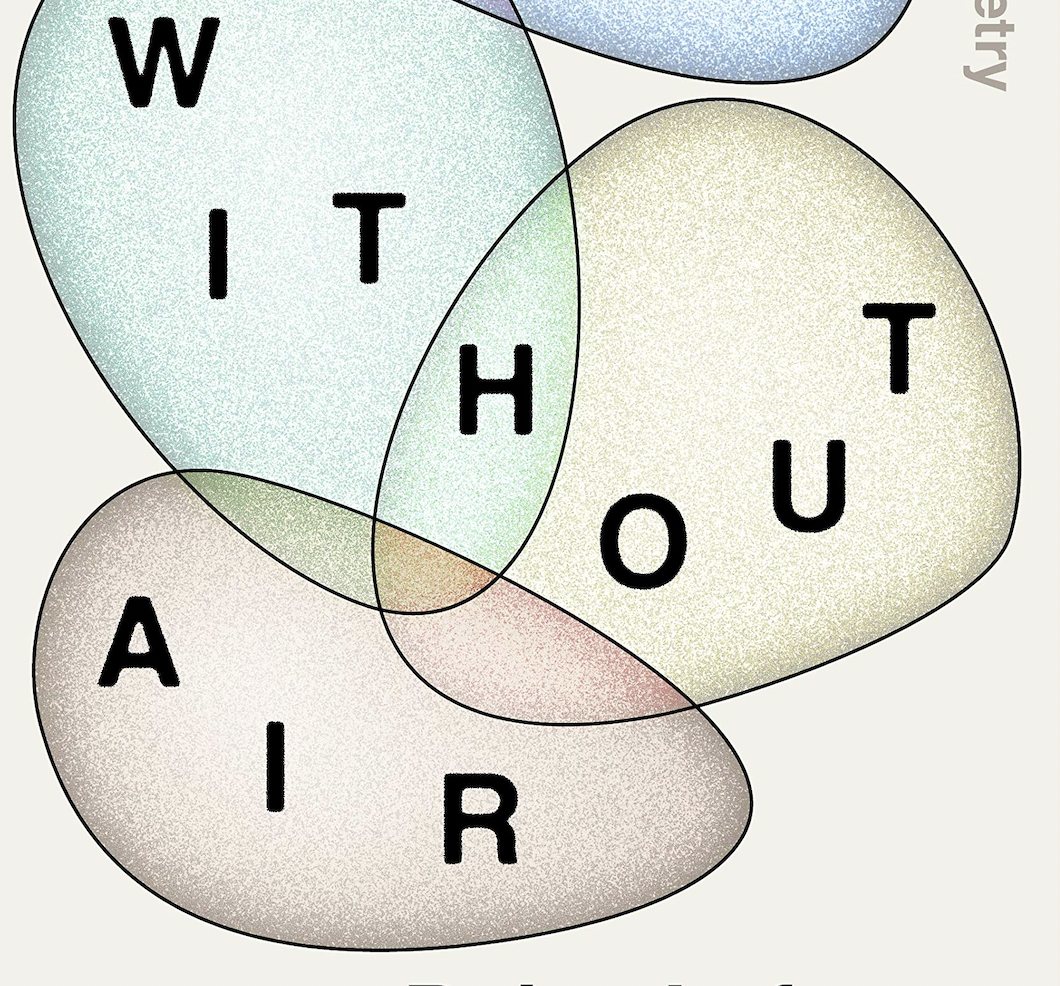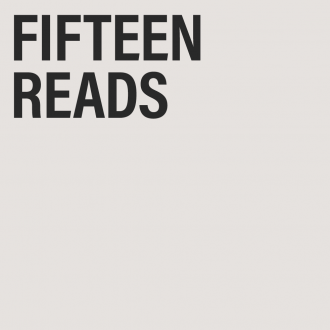
Summer 2022
In the spotlight
Finding and making our place in the world
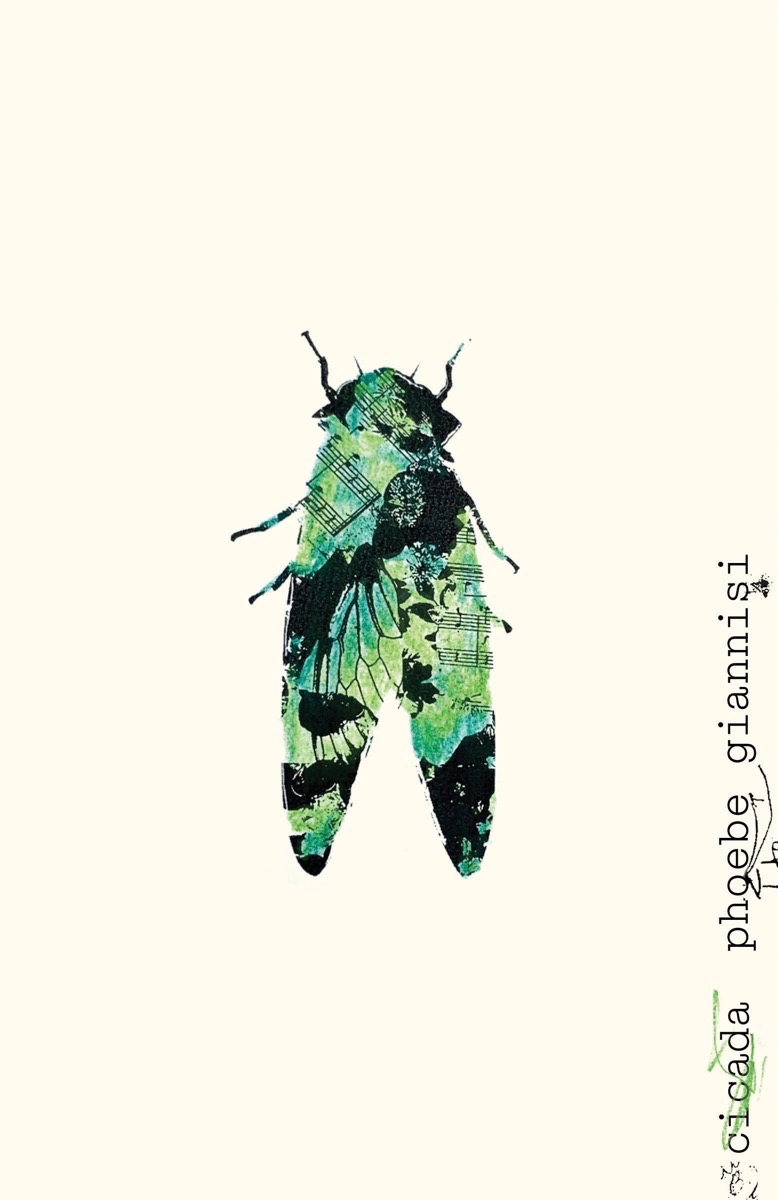
Phoebe Giannisi
Cicada
Phoebe Giannisi, Cicada, translated by Brian Sneeden, New Directions Publishing, 2021.
Mythology, memory and the natural world merge with the everyday in poetry which examines time, our place in the world and the cycles of life. The transient ‘I’ and the emergent cicada meet in the fluid, metamorphosing space of Giannisi’s distinctive voice, skilfully translated from Greek.
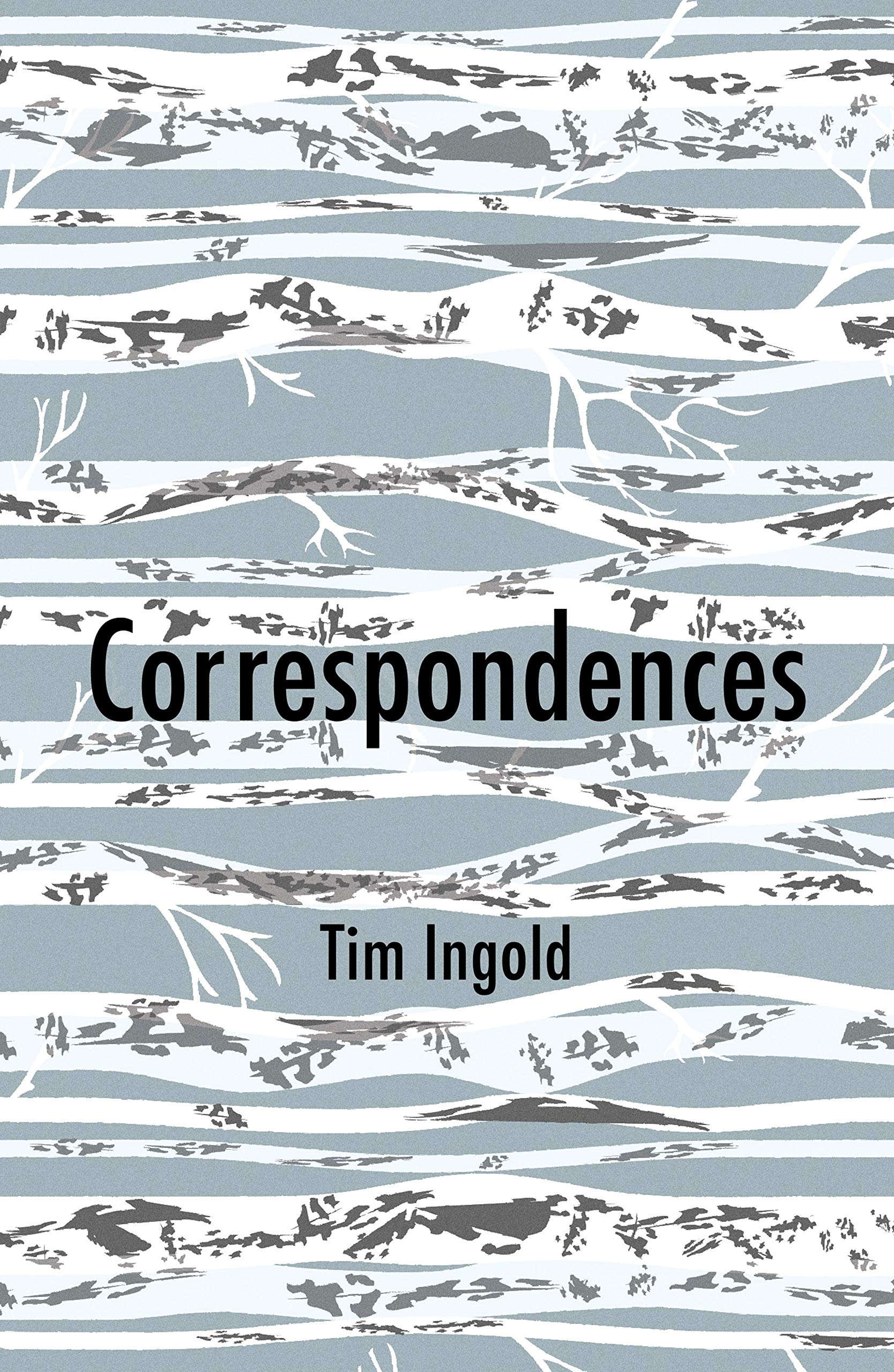
Tim Ingold
Correspondences
Tim Ingold, Correspondences, Polity Press, 2020.
Ingold describes this collection of essays as being like a bird’s nest created from fragments not originally intended to be together. He moves from conversations with trees, to the sea, onto and into the land, up into the sky before returning down to earth. Do conversations have to be limited to humans he asks? Must humans always be at the centre of things or are there other ways of seeing and being with the natural world? It is through creative endeavour Ingold posits that we can find other ways of seeing and being with and in the natural world.
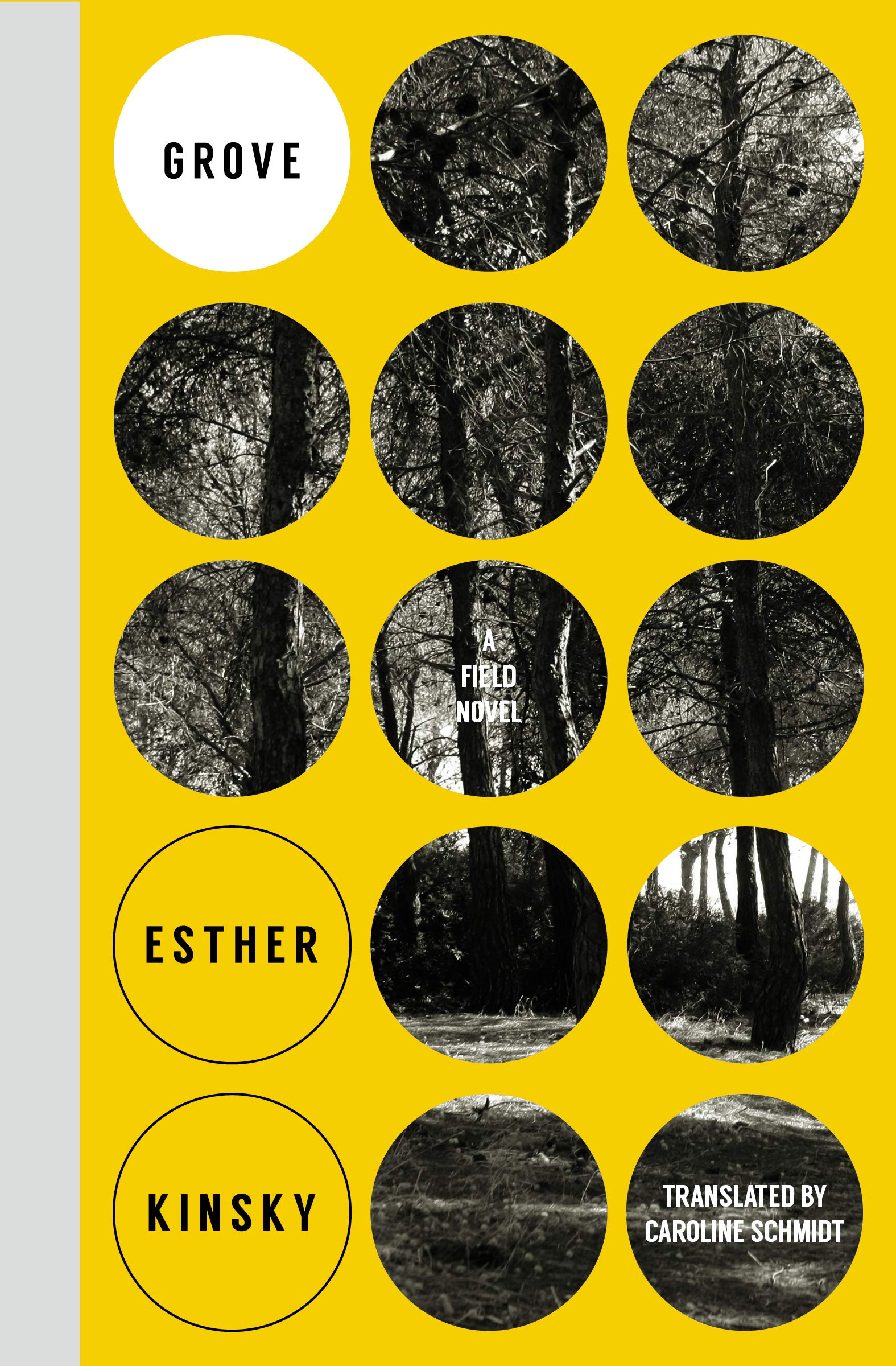
Esther Kinsky
Grove
Esther Kinsky, Grove, translated by Caroline Schmidt, Fitzcarraldo Editions, 2020.
A gentle, sensitive work which describes three episodes in the life of an un-named character as she travels in northern Italy mourning the death of ‘M’. Always the outsider, she moves in solitariness between the past and the present, between village and countryside, between temporary homes and exploratory journeys observing daily life and the changing seasons. Kinsky shows how the natural world and urban life merge, that there are no defined boundaries between field, forest and village street, this mingling evoked in her observations of birds and in the rituals she observes in the hillside cemetery.
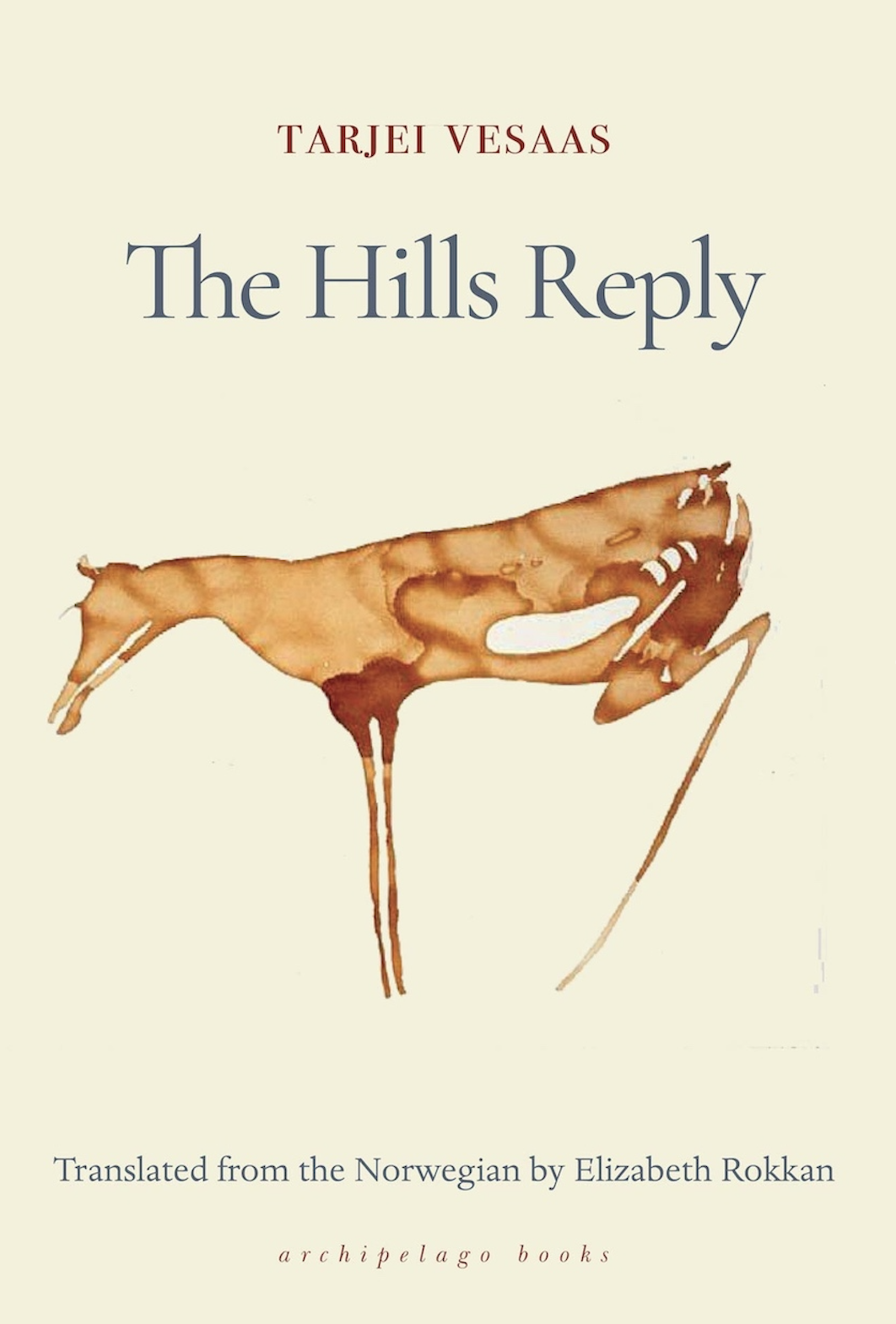
Tarjei Vesaas
The Hills Reply
Tarjei Vesaas, The Hills Reply, translated by Elizabeth Rokkan, Archipelago Books, 2019.
Episodic, reflective experiences reveal our relationships with the natural world and with each other. Set in the Norwegian countryside, Vesaas’s final book explores tensions between stillness and action, ourselves and the power of nature and if or where we cross the line, surrendering our will to the river, stones, the rain, or the night. In sparse, symbolic prose, he shows how in the Nordic wilds his characters must face the natural world on its own terms – almost.
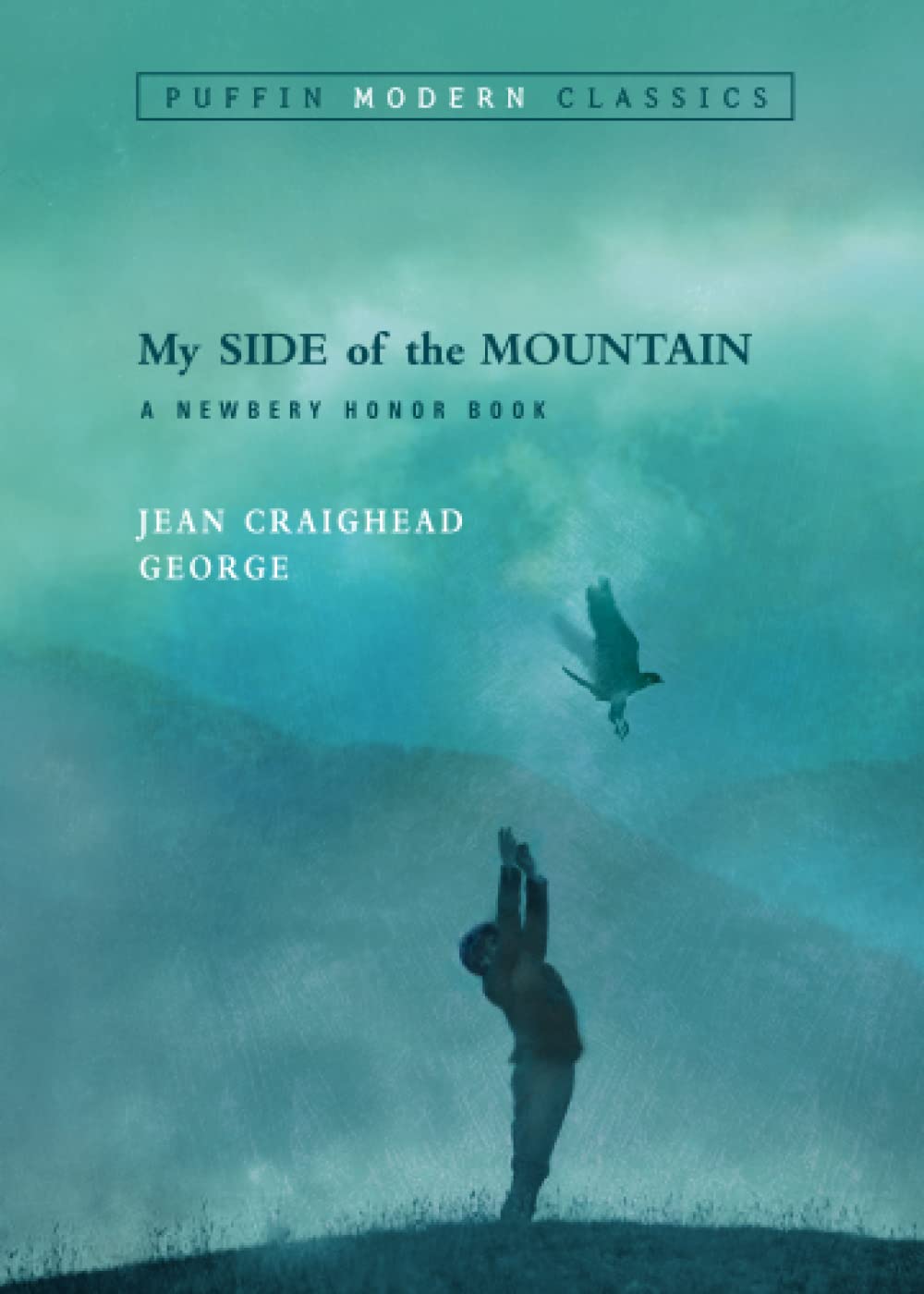
Jean Craighead George
My Side of the Mountain
For younger readers
Jean Craighead George, My Side of the Mountain, Puffin Modern Classics, (1959), 2004.
Stifled by city life, the young Sam Gribley runs away to the mountains, where he learns not only to survive but to flourish in the freedom of the life he makes for himself. He builds a shelter, learns to read the weather and the seasons, tames a falcon, endures the harsh north American winter and discovers a side of himself he didn’t know existed.
Phoebe Giannisi, Cicada
Tim Ingold, Correspondences
Esther Kinsky, Grove
Tarjei Vesaas, The Hills Reply
Jean Craighead George, My Side of the Mountain
Featuring
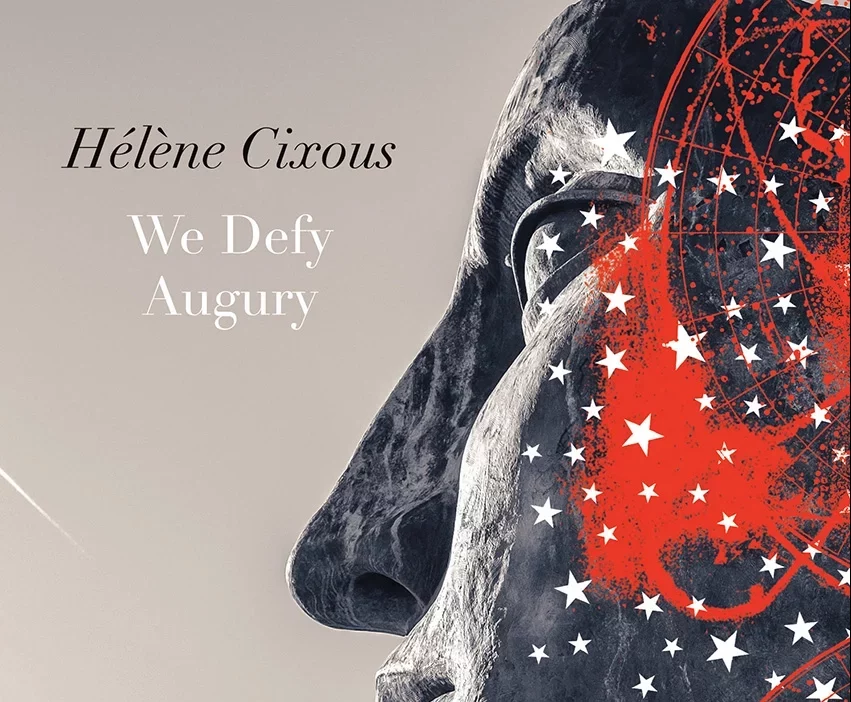
Hélène Cixous,
We Defy Augury
Hélène Cixous, We Defy Augury, translated by Beverely Bie Brahic, Seagull Books, 2020.
Listen to a brief excerpt here:
Written in her eightieth year, this is a self-reflective work in which history, literature, family, philosophy, personal experience merge, where histories of violence, of love, of beauty, of destruction are threaded through with Cixous’ own origin story. Movements between her Algerian childhood to the Rhineland to the World Trade Centre are traced and in their continual shifting show multiplicities of experience. Always returning to her own story, she describes her work as: ‘free in their movements, and in their choice of routes, that can take to the air or water, founder or fly, be composed of several stories, jokes, eye-witness accounts, true or false’.
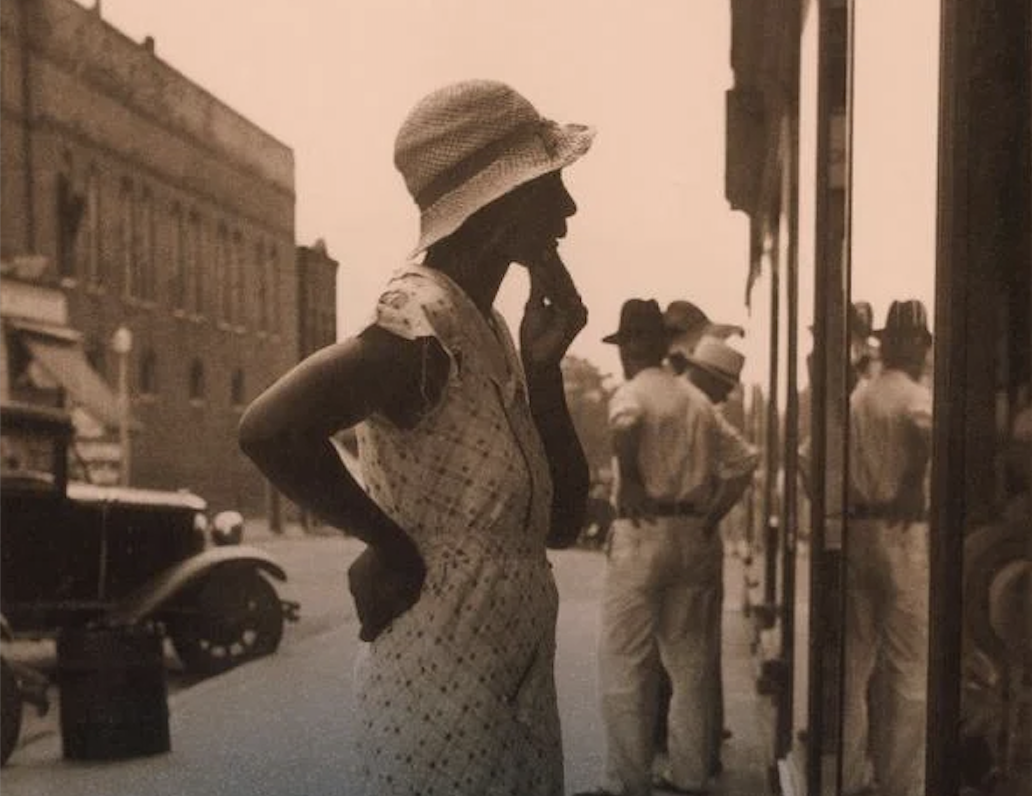
Robin Coste Lewis,
VOYAGE of the SABLE VENUS and other poems
Robin Coste Lewis, VOYAGE of the SABLE VENUS and other poems, Alfred A Knopf, 2015.
Listen to a brief excerpt here:
Dedicated to Beauty, at the centre of this collection are poems composed entirely from titles of artworks portraying the often-anonymous black female figure which Lewis discovered in museums, galleries and archives. The poems examine how history has presented black women and questions where ideas of race and gender began and the role that art has played in such representations. Other poems draw on Lewis’s own personal history resulting in a volume of sparse lyrical writing expressing profound truths about identity, the body, power and history.
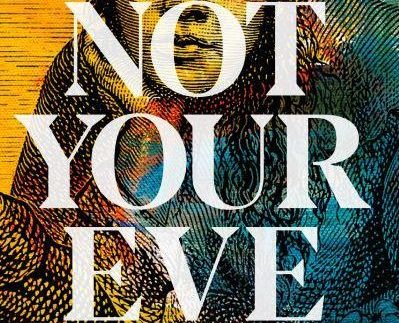
Devika Ponnambalum,
I Am Not Your Eve
Devika Ponnambalum, I Am Not Your Eve, Bluemoose Books, 2022
Listen to a brief excerpt here:
This is the haunting polyphonic story of Teha’amana, Gaugin’s Polynesian child-muse, voiced as she is posed on their bed to be painted for what will become the famous ‘The Spirit of The Dead Keeps Watch’. Intermingled in Teha’amana’s thoughts are the origin stories of the formation of the islands and the relationship between their peoples to the sea and the land. Far from the romanticised unspoilt paradise viewed through the French colonial lens, Ponnambalum shows the divergences between indigenous culture and those imposed through European nineteenth century values, raising questions about Gaugin’s role and interpretation of the islands as an unspoilt original paradise.
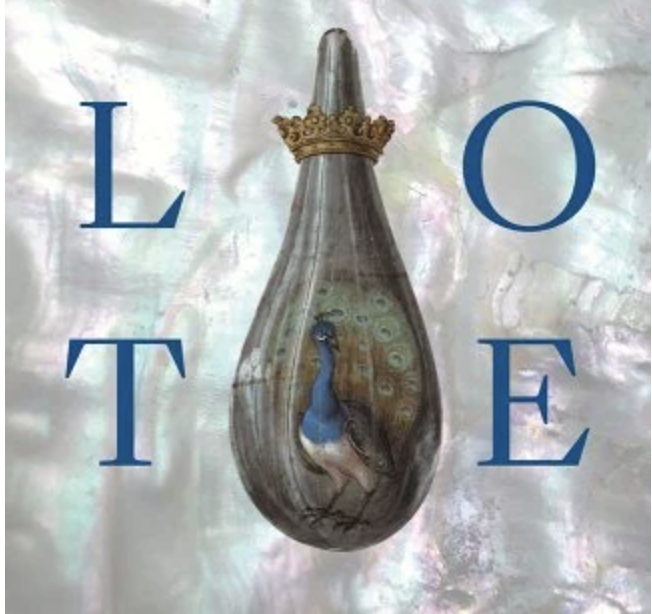
Shola von Reinhold,
Lote
Shola von Reinhold, Lote, Jacaranda Books, 2020
Listen to a brief excerpt here:
Mathilda, a seeker of truths and beauty, who is transfixed by the black-afro Scottish modernist poet Hermia Druitt. This obsession takes her to a peculiar ‘thought-artists’ residency in the European town of Dun, where she moves between the extreme counter aesthetics of the residency and the radical decadence and high baroque epitomised by the trans Erskine-Lily, discovering a world of subterfuge and the secret societies of the inter-war ‘Bright Young Things’. Mischievous, gloriously pleasurable and radical in its literary concepts this is a serious novel which shows the role culture has played in hiding and eradicating black, queer and mixed race lives from history. Interlacing fiction with fact, von Reinhold synthesises fabulation, ornamentation and black, queer and trans identities with solitariness and the life of the outsider.
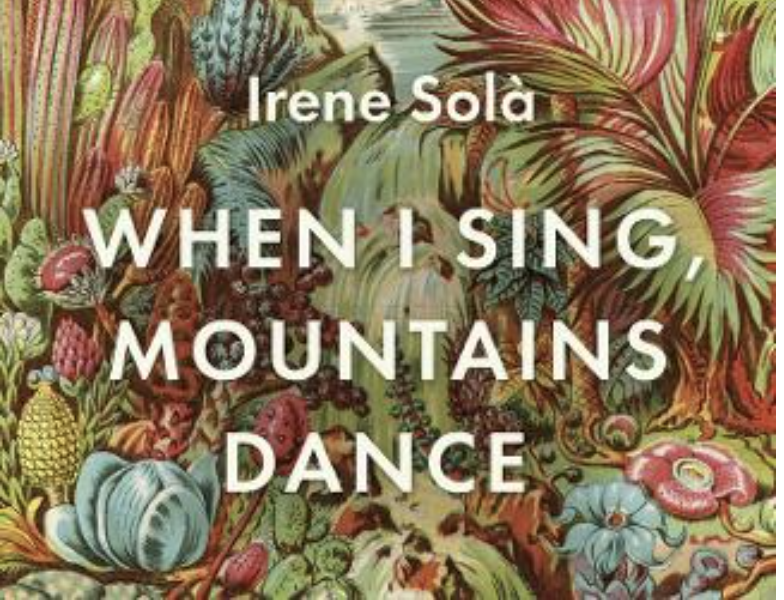
Irene Solà,
When I Sing, Mountains Dance
Irene Solà, When I Sing, Mountains Dance, translated by Mara Faye Lethem, Granta Books, 2022.
Listen to a brief excerpt here:
A tale of lives on the Catalan side of the Pyrenees told from multiple perspectives: the people that inhabit them, the mushrooms that push their way up through the earth, the roe deer, the ghosts whose stories are held there, the tourist vainly looking for the picture postcard ideal of mountain life and the mountains themselves. Imbued with myth, histories and raw sentient beauty, these multivalent stories demand that we engage all our senses to look, listen and feel the natural world around us.
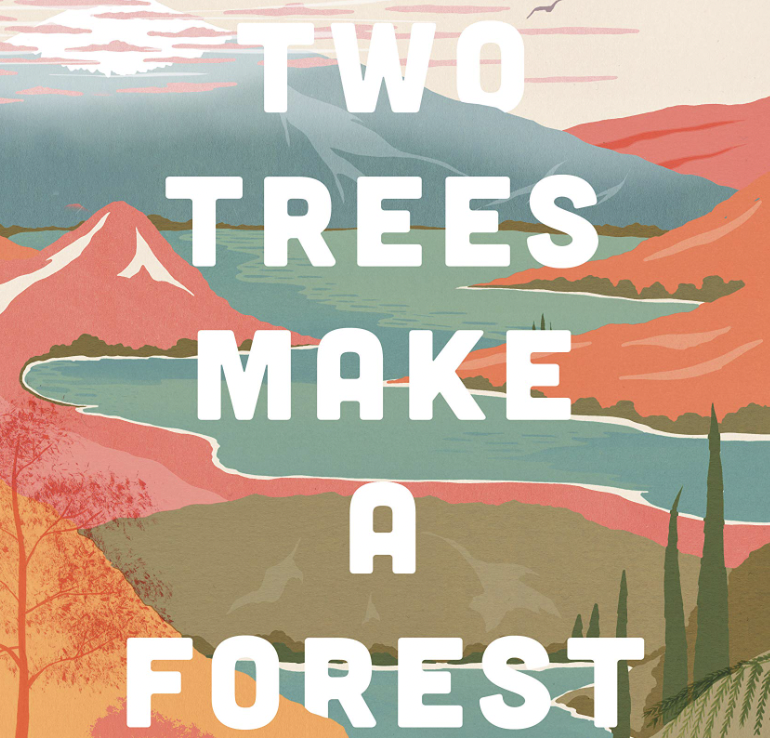
Jessica J Lee
Two Trees Make a Forest
Jessica J Lee, Two Trees Make a Forest: In search of my family’s past among Taiwan’s mountains and coasts, Catapult, 2020.
Listen to a brief excerpt:
With her grandfather’s notes made in the final years of his life as his memory was disintegrating, and a few names discovered in her grandmother’s papers, environmental historian Lee, travels to Taiwan to piece together her family history. As she walks through its varied the landscapes, exploring the flora and fauna, geology and weather, she confronts her own origins, uncovering the close ties between land and identity, as she unravels the seismic shifts of her own immigrant story.
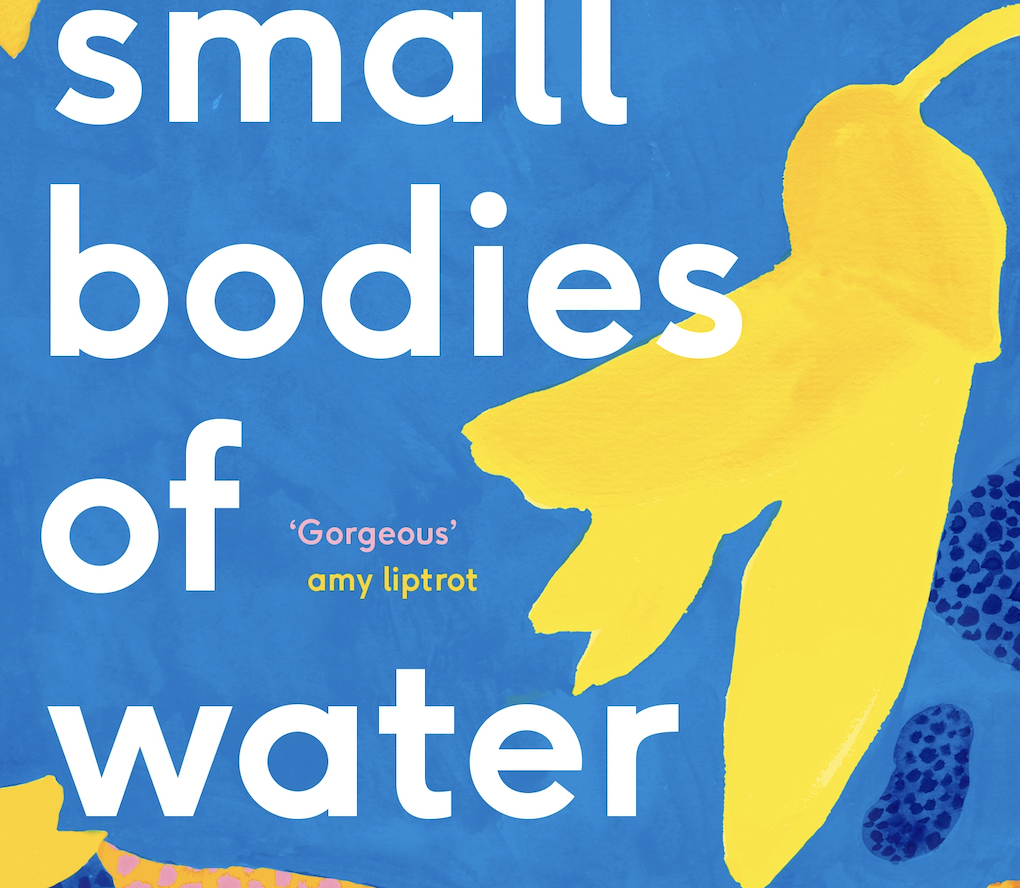
Nina Mingya Powles
Small Bodies of Water
Nina Mingya Powles, Small Bodies of Water, Canongate, 2021
In a series of essays, Mingya Powles writes of the bodies of water that mark and map various points in her life. From her first swimming pool, to Borneo’s rainy season, her bodies of water are found in many forms. Present throughout are her thoughts around growing up between two cultures, of frequently moving, and of ‘home’ being a complicated concept. In seeking ‘markers of home’ in London, where she now lives, she describes discovering a Kōwhai tree (native to New Zealand, where she was born) growing in a garden there… ‘some small proof that although my pieces of home are scattered, I will always find my way to them.’ Sometimes reading like fragments from a diary (she refers to keeping two diaries, one ‘full of difficult words, gaps and silences; one full of nourishment, roots, sun and rain’), both the wonders of water, of swimming, are felt amongst fear and anxiety, most evident in her thoughts around ecological destruction and ‘anticipatory grief’
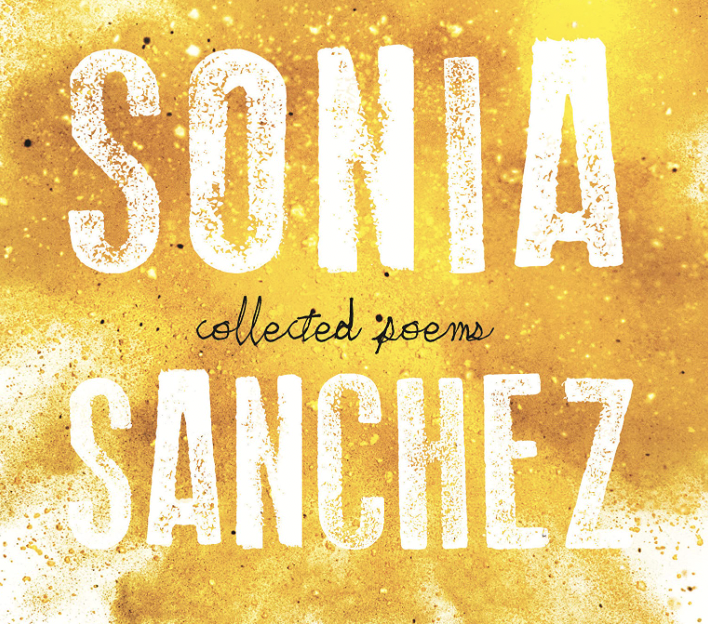
Sonia Sanchez
Collected Poems
Sonia Sanchez, Collected Poems, Beacon Press, 2022
Listen to a brief excerpt here:
Poems of loves, passions, joys. Poems of anger, humiliation, injustice, pain. Poems to her brother and father, for children, women, lovers. Poems for those who must not be lost to history, for those Sanchez admires. Poems of mourning, affirmation and accounting. Poems for Ella Fitzgerald, Toni Morrison, Odetta, Harriet Tubman. Haiku, ballads, prose, free verse. Poems which reflect sixty years of living, writing, teaching, experiencing and observing the world.
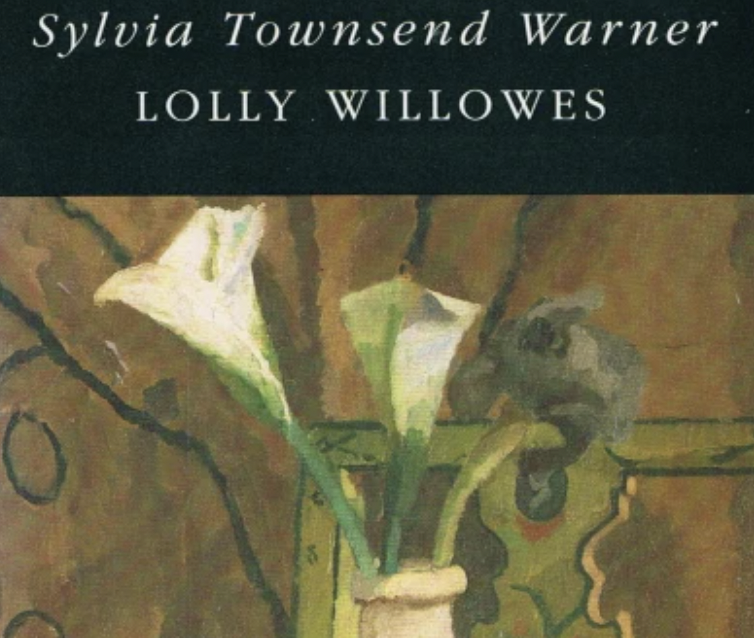
Sylvia Townsend Warner
Lolly Willowes
Sylvia Townsend Warner, Lolly Willowes (1926), Virago Classics, 2012.
Listen to a brief excerpt here:
Having spent most of her life submitting to a blinkered and conventional family life trapped in middle class Victorian mores, oblivious to the fast-changing post First World War world, Lolly Willowes walks away. Liberated from this stifling respectability, she finds her true calling in the dark lanes and desolate fields of the Bedfordshire countryside, which release in Lolly an affinity with the ancient dark arts of the land.

